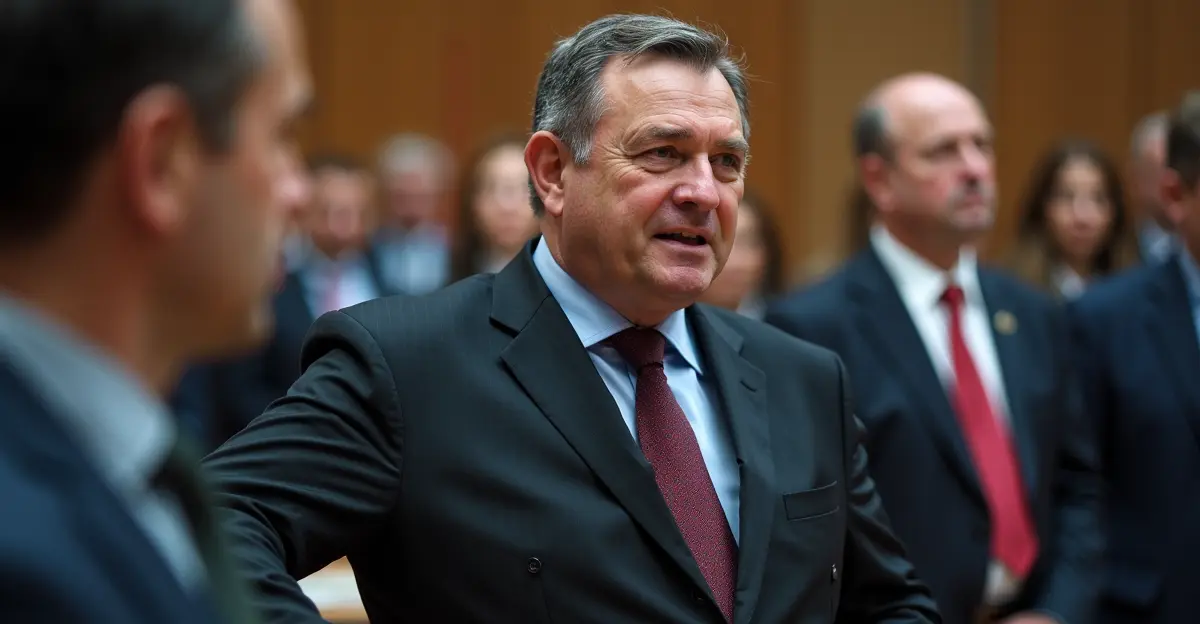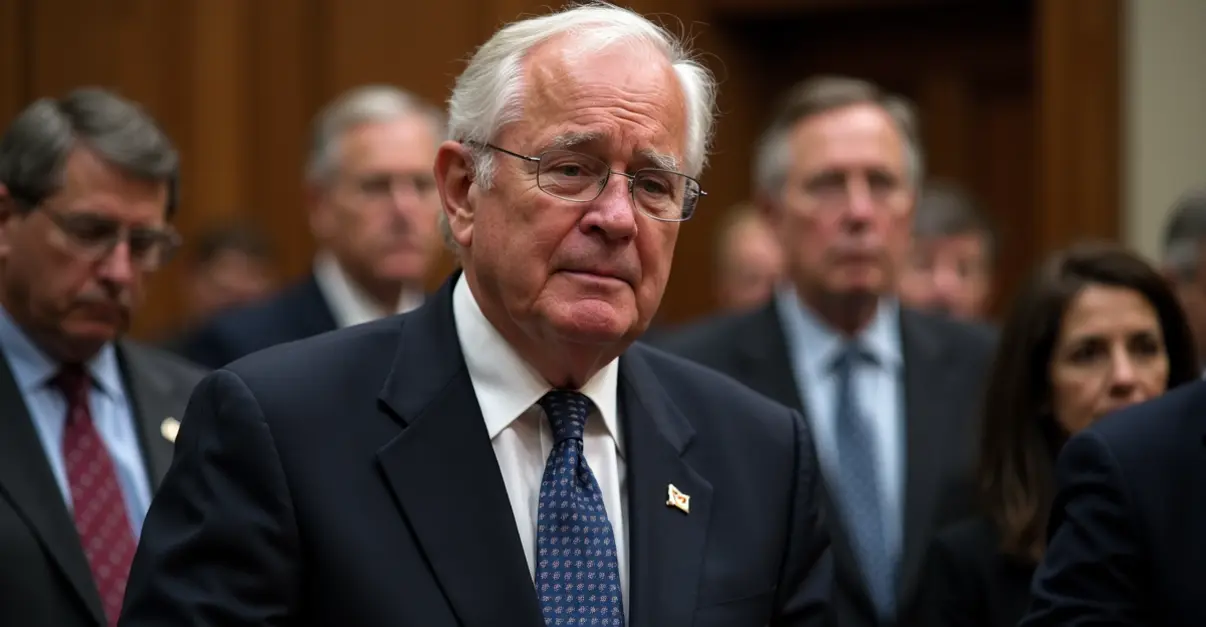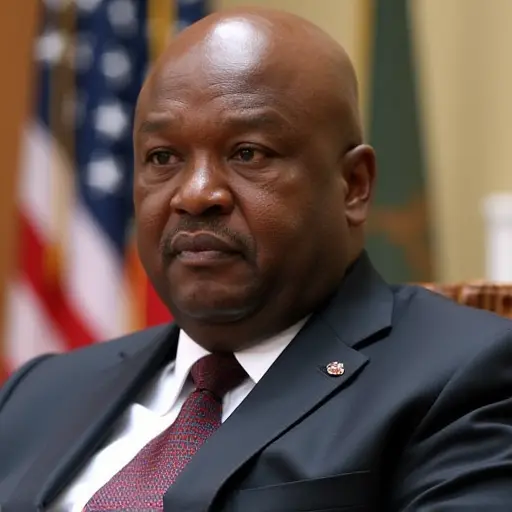End of an Era in Bosnian Politics
After months of political defiance and escalating tensions, Milorad Dodik, the longtime nationalist leader of Bosnia's Serb-majority entity Republika Srpska, has finally accepted his removal from power. The political drama that gripped the Balkans reached its conclusion this weekend as Dodik's party appointed Ana Trisic-Babic as interim president, effectively ending his 27-year political dominance.
Legal Defeat and Political Isolation
The turning point came in February 2025 when the Court of Bosnia and Herzegovina sentenced Dodik to one year in prison and banned him from political office for six years. The charges stemmed from his repeated defiance of decisions by the international High Representative, Christian Schmidt, who oversees implementation of the Dayton Peace Agreement that ended the 1992-1995 Bosnian War.
Despite initially refusing to recognize the court's authority, Dodik's position became increasingly untenable. 'He bought his prison sentence with a fine - and in doing so, he effectively recognized the verdict and the court,' observed Balkan political analyst Marko Prelec. This marked a significant retreat for a leader who had built his career on challenging central authority.
Separatist Ambitions and International Pressure
Dodik's political journey has been marked by a dramatic transformation. Initially seen as a moderate alternative to wartime leaders, he gradually adopted increasingly nationalist positions, pushing for greater autonomy and even threatening secession for Republika Srpska. His confrontations with High Representative Schmidt became increasingly frequent, particularly over attempts to establish parallel institutions and challenge state property laws.
The crisis reached its peak in August when Bosnia's electoral commission formally stripped Dodik of his presidential mandate and scheduled new elections for November 23. Despite initially threatening to boycott the elections and calling for a referendum on the court's decision, Dodik ultimately conceded. 'The strategy of presenting his conviction as punishment for all Bosnian Serbs failed,' noted Sarajevo-based journalist Amra Kebo.
International Dimensions and Regional Implications
Dodik's downfall was accelerated by his growing international isolation. Crucially, he failed to secure the support he needed from key allies. Russian President Vladimir Putin, while maintaining friendly relations, never publicly endorsed Dodik's secessionist ambitions. Similarly, Serbian President Aleksandar Vucic consistently defended Bosnia's territorial integrity.
The United States under President Trump also failed to provide the expected support for Dodik's nationalist agenda. 'Essential support from outside his party was lacking,' explained Thijs Kettenis, NOS correspondent for Southeast Europe. 'The residents of Republika Srpska never once spontaneously took to the streets to defend their president.'
Parliamentary Action and Legal Reversals
The final chapter unfolded this weekend when the Republika Srpska parliament formally appointed Ana Trisic-Babic as interim president until the November elections. In a significant move, lawmakers also revoked several controversial laws passed under Dodik's leadership, including measures that had banned national police and judges from operating in Republika Srpska territory.
This legislative cleanup represents a major step toward de-escalating tensions that had brought Bosnia to what the UN Security Council described as an 'extraordinary crisis' - the most serious since the Dayton Agreement was signed 30 years ago.
Relief and Cautious Optimism
For many Bosnians across all ethnic groups, Dodik's departure brings relief after months of uncertainty. While few believed he would actually resort to armed conflict, the potential for violence in the Balkans can never be completely ruled out given the region's history of frozen conflicts.
'This step is a relief for many Bosnians from all population groups,' said political science professor Jasmin Mujanovic. 'But we must remain vigilant - the underlying tensions that Dodik exploited remain, and the November elections will be crucial for Bosnia's future stability.'
The appointment of an interim president and the scheduling of new elections mark a critical moment for Bosnia's democratic development. As the country prepares for the November vote, all eyes will be on whether this transition can pave the way for more constructive political engagement between Bosnia's diverse ethnic communities.

 Deutsch
Deutsch
 English
English
 Español
Español
 Français
Français
 Nederlands
Nederlands
 Português
Português









